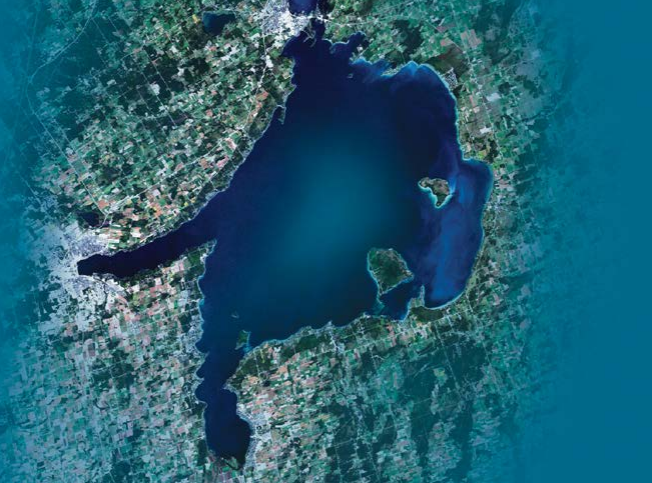Does the Upper York Sewage Solutions Project fail the smell test for Barrie?
City councillors will consider a motion Monday night supporting the province, and the Chippewas of Georgina Island, in the diversion of the Upper York Sewage Solutions Project’s effluent to Lake Ontario, not Lake Simcoe.
“The quality of water is very important to the future of Barrie as a place to live, a tourist destination and an economic driver,” said Coun. Mike McCann, the motion’s author. “We need to preserve the quality of Lake Simcoe – people’s grandchildren should be able to swim in the bay just like we do today.”
He wants the motion referred to infrastructure department staff to provide further information and report back by way of a memorandum, including what other municipalities along Lake Simcoe municipalities are doing, by April 12, when city council next meets.
The $715-million Upper York Sewage Solutions Project was proposed more than a decade ago. Its environmental assessment was completed in 2014, and ever since it has been awaiting the green light from the province.
McCann’s motion says the construction of the Upper York Sewage Solutions Project will eject millions of litres of effluent water into the Lake Simcoe watershed on a daily basis, and this effluent will contain pharmaceuticals and micro-plastics, and will raise the temperature of Lake Simcoe.
“As the largest community on Lake Simcoe we have a responsibility to protect the health of the lake,” the Ward 10 councillor said. “We need to safeguard the lake for our own expansion – we are bringing the (former Innisfil) lands online, we have plans to increase employment opportunities and we cannot overload Lake Simcoe with other region’s waste.”
The Ontario government has proposed moving the effluent to the Lake Ontario watershed instead.
Duffin Creek Water Pollution Control Plant is a wastewater treatment facility located on the shore of Lake Ontario, in Pickering. It treats wastewater from 80 per cent of the residences and businesses in the Regional Municipality of York, and from all residences and businesses in Ajax and Pickering, which are in the Regional Municipality of Durham. It’s part of the York Durham sewage system.
The government is considering building a new southern trunk sewer to transport wastewater to the Duffin Creek treatment plant.
But Gary Wheeler of the Ministry of the Environment, Conservation and Parks says a decision has not been made on the Upper York Sewage Solutions environmental assessment application.
“We are committed to working collaboratively with the York and Durham Regions to help find a responsible permanent solution that will address both regions’ needs while safeguarding the environment. No decisions have been made,” he said. “Our government remains committed to protecting and restoring Ontario’s lakes and waterways.”
Mike Rabeau, York Region’s director of capital planning and delivery for environmental services, said York Region is proposing a water reclamation centre and an integrated project-specific total phosphorus off-setting program to ensure an overall net reduction of total phosphorus loading to Lake Simcoe at a three-to-one ratio.
The centre would be a state of the art facility with four levels of treatment including membrane filtration and reverse osmosis, Rabeau said, and this solution reduces total phosphorus loading in the Lake Simcoe watershed.
“A potential location is near the border of the Township of King and Bradford, where the Holland Marsh Canal meets the Holland River. An environmental assessment would need to confirm this,” Rabeau said.
“This project will be one of the first mechanical treatment facilities for large-scale removal of phosphorus from runoff in Canada,” he said.
The Upper York Sewage Solutions project has faced opposition from the Chippewas of the Georgina First Nation, who are concerned about its impact on Lake Simcoe. The Chippewas undertook their own environmental assessment of the project.
“As elected officials, the people of Barrie have entrusted the health of Lake Simcoe to us, we must protect the lake for future generations,” McCann said of the motion councillors will consider Monday.
— With files from NewmarketToday



